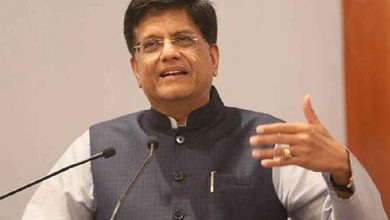Number of independent directors on decline, PSUs mainly responsible

New Delhi, May 14 (PTI): The total number of independent directors (IDs) has decreased in 2020 as compared to 2019 and 2018, and the reduction is mainly on account non-appointment of directors on boards of state-owned entities, according to a report.
The total number of IDs reduced to 2,249 in 2020 as against 2,396 in 2019 and 2,494 in the previous year, said the report by Institutional Investor Advisory Services India Limited (IiAS) based on the study of the board composition of NIFTY 500 companies as on December 31, 2020.
“This reduction can mainly be attributed to the reduction in the number of IDs in PSU companies. The other reason for the decrease in IDs has been churn in the companies forming part of NIFTY 500 over this period,” it said.
The outgoing companies in the NIFTY 500 in 2020 when compared to 2019 had 208 IDs on their boards while the incoming companies had 188 ID, whereas when compared to 2018, the outgoing companies in 2020 had 395 IDs on their boards while the incoming companies had 331 IDs, it said.
The PSUs forming part of NIFTY 500 had 133 fewer IDs in 2020 compared to the earlier year, the report said, adding, there were 72 PSU companies as a part of the NIFTY 500 in both 2019 and 2020.
PSUs in the NIFTY 500 companies needed to appoint around 141 independent directors to their board to be in compliance with the listing guidelines of Securities and Exchange Board of India (Sebi) as on December, 2020.
On December 31, 2020, 14 per cent (70 companies) were non-compliant with board composition norms. Out of these 70 companies, 55 companies were PSUs. Board independence has long been a problem for PSUs.
“The one area that drags overall board statistics is state-owned enterprises (PSUs). The board structure related issues are much more prominent in state-owned enterprises than in public sector banks (PSBs). Excessive carve-outs for PSUs embedded directly into regulation justify the exceptions, but violations of regulations continue on account of poor enforcement,” it said.
RBI’s recent regulations on governance of scheduled commercial banks also have a carve-out for PSBs, given them an unnecessary differential status, it said.








